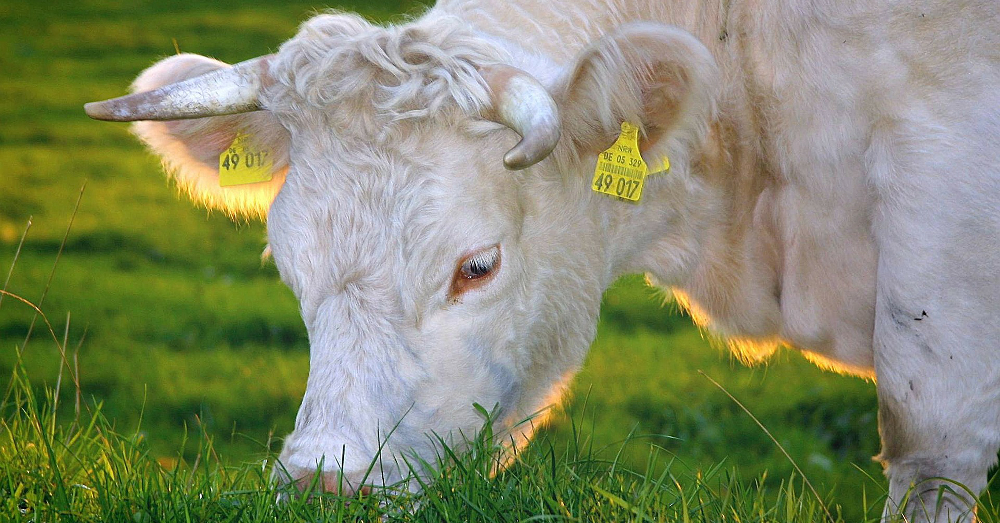
Regenerating Dairy in Vermont
Since 80 percent of Vermont farming is industrial dairying, much of the work at Regeneration Vermont has been centered on documenting the ills from this confined dairy system — from water contamination to bankruptcy prices for producers to poor cow health and inadequate worker condition. It is a broken system and it needs to be replaced.
September 12, 2017 | Source: VT Digger | by Kate Duesterberg
VT Digger Editor’s note: This commentary is by Kate Duesterberg, who lives and farms in East Thetford. She’s the co-founder of both Cedar Circle Farm and Regeneration Vermont, a nonprofit farm advocacy organization seeking solutions to the state’s dairy crisis.
My colleagues and I have been on the Vermont back roads for months, visiting all kinds of farms and talking with all varieties of farmers, from Franklin County mega-dairies to Orange County garlic growers. Since 80 percent of Vermont farming is industrial dairying, much of our work at Regeneration Vermont has been centered on documenting the ills from this confined dairy system — from water contamination to bankruptcy prices for producers to poor cow health and inadequate worker condition. It is a broken system and it needs to be replaced. That’s the bad news.
The good news is that it doesn’t have to be this way. And, better yet, as we learned along the back roads, Vermont is already well on its way toward establishing the regenerative organic solutions.
Take, for example, the Beidler Family Farm in Randolph, where we recently attended a NOFA field day. I had known about Regina and Brent Beidler since I worked at the University of Vermont with folks who were helping to pioneer the rotational grazing movement in Vermont. But this would be the first time I had visited their farm.
The Beidlers’ farm is a prime example of how much healthier and happier farmers and cows and the resources can be when the growers have a commitment to regenerative, organic methods. Here’s how Regina Beidler articulated their approach to farming in a recent interview with Foodtank: “The basis of the food system is the health of our nation’s farms. Organic farming, with its focus on building healthy soil, movement away from toxic chemical use, positive impacts on water and water quality, and close work with nature has the ability to bring positive change from small garden plots to larger farms.”
The day we were there was one of those perfect Vermont days — beautifully sunny and in the 70s. We had spectacular views all around from the lush pasture where we talked as we watched the healthy cows grazing. There were experts there from UVM and NOFA, but the real experts were the farmers — not only the Beidlers, but the other grass-based and/or organic dairy farmers who were there to learn what they could and share what they had gleaned from their own experiences.
We talked about what it means to transfer the herd from grain supplements to all grass fed — what to do to develop grass mixes that provide all the nutrients that grass-fed cows need, how to determine what supplements the soil needs (lime, ash, etc), what types of shelter the cows need in the winter and how to make sure they have proper access to the outdoors during those months. It was a lively discussion and all the farmers and farm advisers were so engaged. We were all feeling lucky to just be on that farm on such a beautiful day, seeing the cows contented and full. Since the farm is grass-based, the farmers receive a premium price even above the organic price from Organic Valley.
“Cooperatives like Organic Valley,” continued Beidler in her interview with Foodtank, “have offered farmers like ourselves the opportunity to take part in a democratically controlled business, owned by farmers, that offers a brighter future through a fair pay price based on the cost of production.”
What was abundantly clear is that it is possible to raise healthy cows, enhance the soil resource (the organic matter on their pastures was over 6 percent), and make a decent living. Between the farmers themselves who have made the switch and the technical experts at UVM, NOFA or in private practice — we know how to do this!
